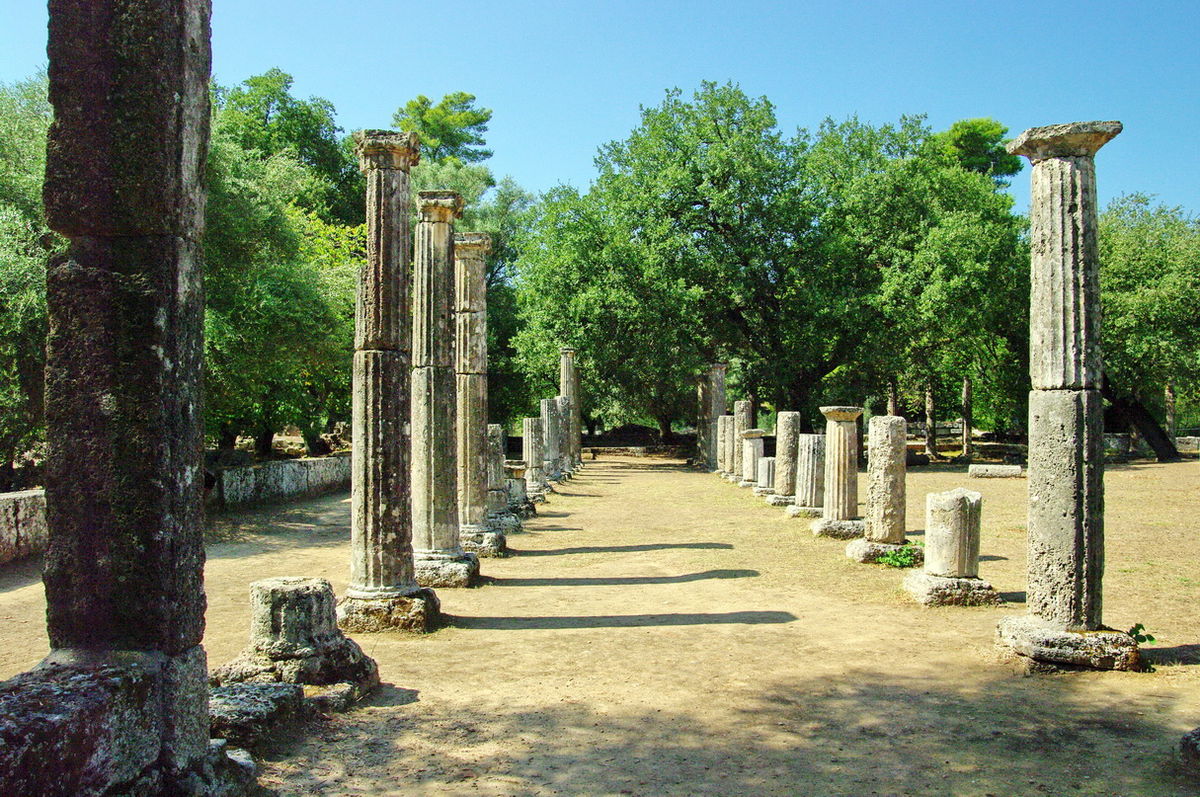So, do you/we think that the regurgitating of the error is something that perhaps has been done in ignorance? [by the many and most]
I think what we have here is language drift.
As mentioned before,
in the King's English, the modifying clause in Eph. 6:17 "which is the word of God" attaches directly to the prior noun (spirit). The SPIRIT is the WORD of God, not the sword.
In America, for some reason, the possessive clause "of the spirit" gets dropped out, and the phrase "word of God" gets attached to "SWORD," Regardless, though, in Greek this mistake cannot be made, since the modifying clause "which is the word of God" is NEUTER in gender to describe PNEUMA (spirit) and not feminine to indicate "sword." It can't be misread in Greek.
And it doesn't help that both LOGOS and RHEMA are translated into "WORD," completely fusing these two separate concepts together. When one reads "word" in English, which word? Logos or Rhema? One cannot tell. And this "with-fusion" (con-fusion) has a direct impact on Romans chapter 10.
(Romans 10:17 KJV) So then faith cometh by hearing, and hearing by the RHEMA of God.
The RHEMA of God is the Holy Spirit speaking directly to a person, and Paul claims such an experience. The Faith of Paul came from God speaking directly to him. It is an experience that every believer is to have - daily.
Unfortunately, the English word "faith" today has been brutally deformed by the Kierkegaardian "leap" of faith. Modern philosophy has changed the definition of the word PISTIS, or rather, the English word into which PISTIS was translated.
The best way to destroy a concept is to change the definition of the words used to explain the concept. ( I learned this by studying the "commies.")
And we come now to a brutal reality where believers have not placed their faith in Xhrist, but rather in the Bible. And from my experience, these two things are not the same. Bart Ehrman clearly states that his faith was placed in the Bible, and when he started to understand the mistakes and errors within the Bible, his faith collapsed. It's not an easy thing to experience, and if my faith had not been in Jesus, then it too would have collapsed.
Br. Bear, I'm not sure if this had helped or not.
But there is one thing I would like to mention. I have heard throughout my lifetime that (these hated horrible SATANIC) Catholics prohibited people from reading the Bible. But how so? Because when the Vulgate was commissioned, Latin
was the common language of the people, not Greek. Later, during the medieval ages when the Empire fell and civilization broke down, so did language. French, Spanish, Portuguese, Italian, English (whether Anglo-Norman or Anglo-Saxon)... none of these existed in the Empire. And so the one remaining language by which to preserve "the written word" was Latin. The Vulgate was then settled upon as a way to repel language drift and maintain the purity of the concepts of the Faith.
But since the SWORD is PRAYER, do we pray enough?
Rhema


